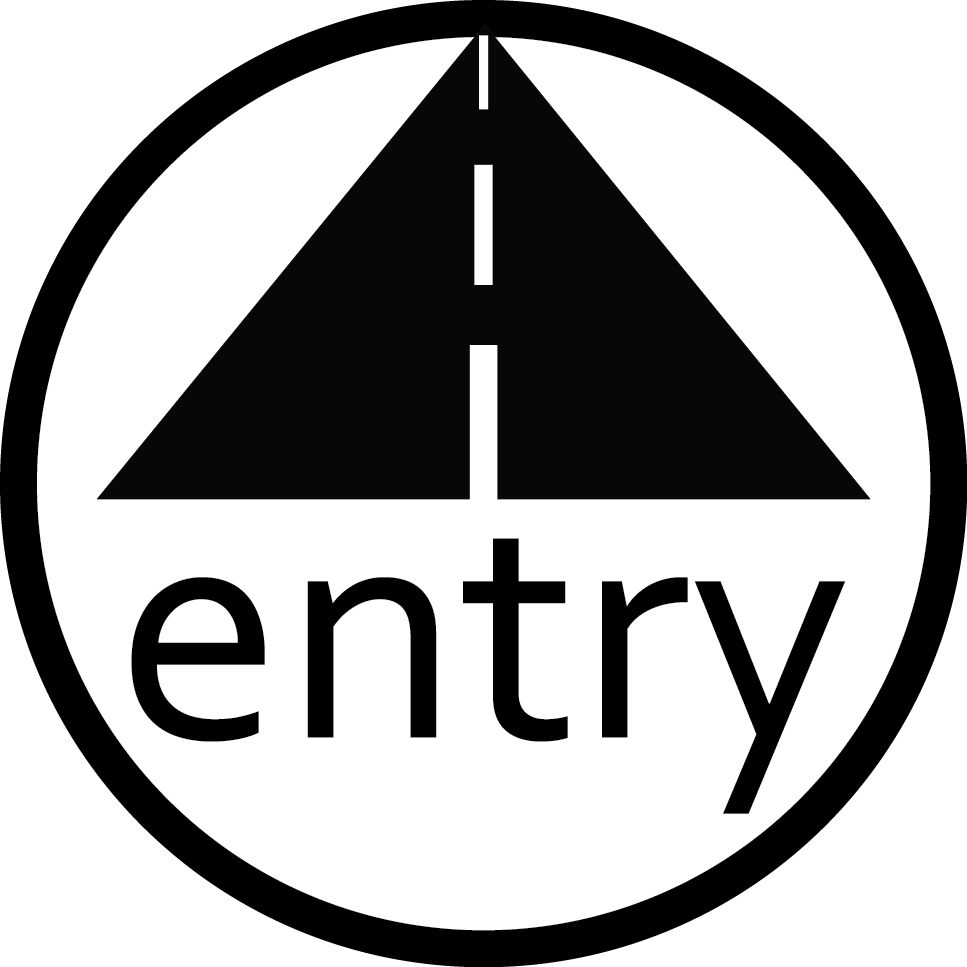After a recent coaching session, a client of mine who runs his own business said his greatest takeaway from the call was “the realization that my brain doesn’t know the difference between stress and excitement.” These are both what are called “high arousal states,” and distinguishing them holds potency for us to overcome challenges and achieve our goals.
We’d just finished exploring ways he could use his emotional intelligence to overcome a daunting challenge in developing his business. He’d noticed himself become stressed whenever he tried to tackle this part of his success plan. Working off of his EQ leadership assessment, he looked for strengths he could leverage, and found one: his ability to exercise optimism, which is how we furnish ourselves with options.
When we exercise our bodies, we feel powerful. When we exercise our optimism, we feel empowered. When my client adopted the mindset that even if he didn’t succeed, he could continue trying different strategies, he felt lighter, brighter, and more open-minded to creative solutions. And he felt excited to apply this energy to the challenge at hand.
In her acclaimed TED talk “How to make stress your friend,” health psychologist Kelly McGonigal encourages her audience to reframe stress as: “This is my body helping me rise to this challenge.” While our reflex when we’re stressed might be to try and calm ourselves down, we’re missing an opportunity to harvest all that energy our bodies are providing for us to pursue our purpose. Our entry is the story we tell ourselves about whether our arousal is helping or getting in the way.
Try it yourself. After you finish reading this sentence, take a moment to think of a time when you feel most optimistic, and notice what happens to your breath, your body, and your mood.
Exciting, isn’t it? The next time you notice your stress, remember this feeling. You can choose whether it’s here to hinder you or to help you.
To develop your emotional intelligence to achieve your goals, book a discovery session and we’ll explore what’s possible.
